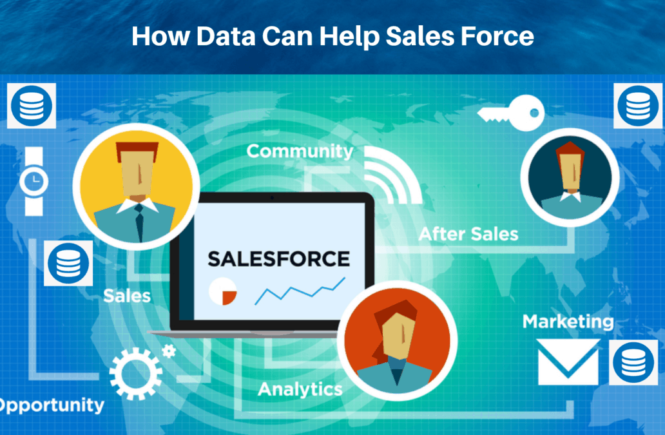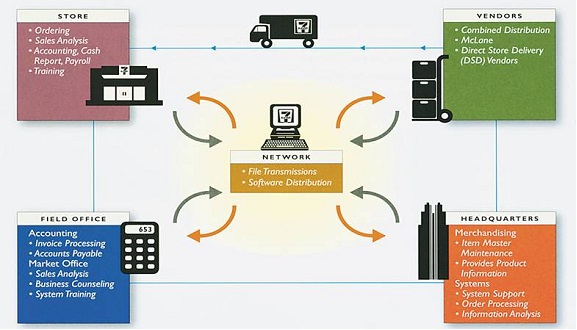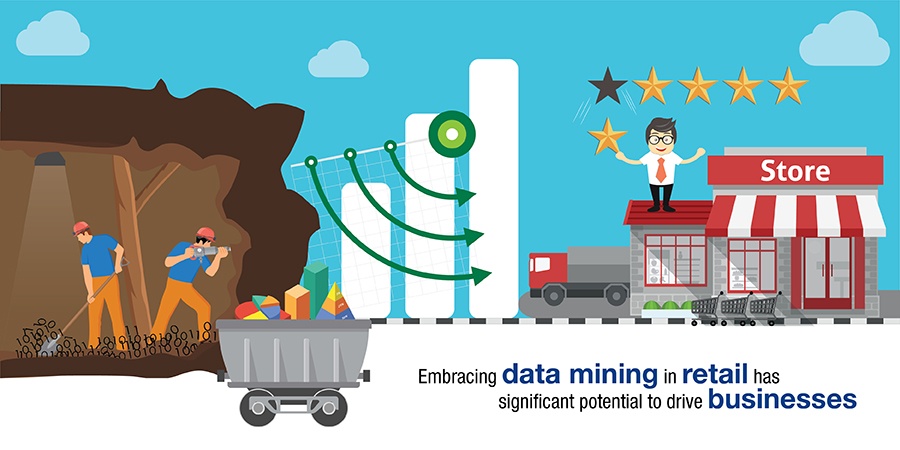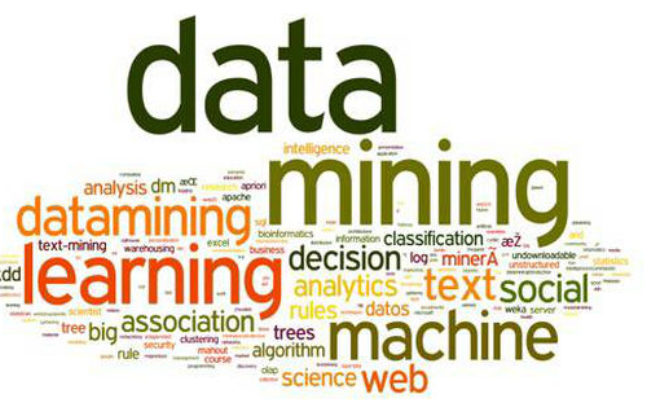A World Of Data
There are three basic ways of selling a commodity. You can do it door to door, you can do it through cold calling, or you can sell it in a market. Chances are every business utilises all of three of them in some form or the other. Yet, is it the complete solution? Which residences would you choose to move door to door? Which type of people will you call to sell it and which market would be the best suited for the commodity?
These are pivotal questions that define how many sales are made. If you choose the wrong place or person, the outcome is zero sales. This is where data steps in saves the day. With the right, processed data, one knows precisely which audience to target and how to reach them. Moreover, you get the answers to :
- what the product is?
- who is interested in buying it?
The result is excellent sales because data offers insight into a lot of things like gender, age, and geographical location. Currently, almost every business runs on data. The only condition is utilising it accurately. Check Out – more insights about the role of data mining in CRM.
The Pull Of Data Mining & CRM
Yes, data is vital. Yes, there is a lot of it available, but it isn’t enough. One needs to convert the bunch of numbers into useful information that can be used for appropriate channels. Data mining is the process that transforms raw data into information. It has to be repeated at set intervals because the data can change from time to time, resulting in different information. The information only leads to better sales if the data input is accurate and reliable.

To explain in easier terms, data mining gives businesses a plan that helps define the sales process. The blueprint sometimes also assists in administration and policy-making of the company. Currently, there are two kinds of data mining processes. The first is automated, and the second is manual. The latter is considered to be more accurate because it uses three approaches to identify patterns in data:
- critical thinking
- logical approach
- human intervention
These are not included in the automated data mining procedure which operated on a determined algorithm to find repeated behaviours.
Now the importance of data and data mining is evident; we come to CRM. Customer relationship management is a tool businesses use to maintain a long relationship with their patrons by documenting sales. CRM contains a wealth of data which mined accurately can give companies deep insight to expand the business. Without mining, the complete value of the data is left untouched.
When CRM tools are clubbed with data mining, hidden trends, and features come forth. These trends help in:
- pinpoint problems with customer relationships
- predict future sales and trends
- give an overview of the sales
- add value to future transactions by crossing-selling products
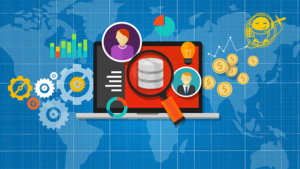
Salesforce CRM And Its Data Mining Add On
Currently, there are several customer relationship management software present in the market, including Salesforce CRM. While the tool along gives incredible value to a business, they are still under-utilised because they rarely have data-mining feature. As a result, data is collected but not completely understood. This where adds-on aid. By installing a data mining add-on to an already present Salesforce CRM, functionality is increased by a manifold.
Yes, the salesforce CRM has analytical functionality, but its reporting is limited. By adding data mining to it, you can pull the entire data to create tailored reports such as segmentation and forecasting. The reports with mined data can be employed by workers to select trends and capitalise on them.
In the present age of technology, data is a valuable currency. A business who mines it will expand to the zenith. It is high time you combine your Salesforce CRM with a data mining tool to leverage the information just beyond your fingertips.

